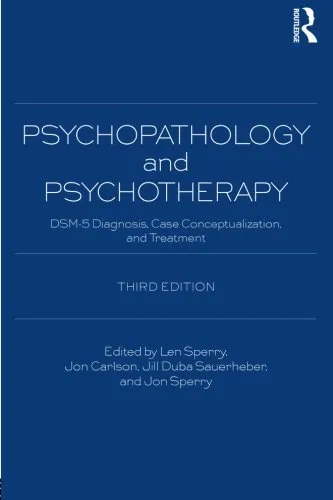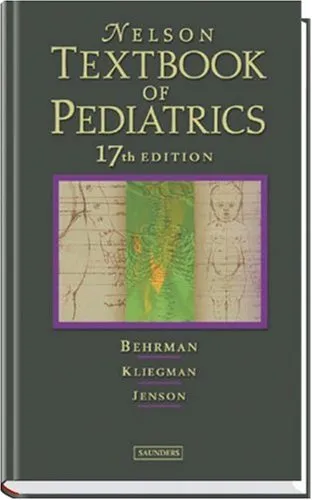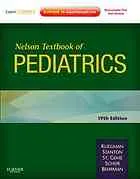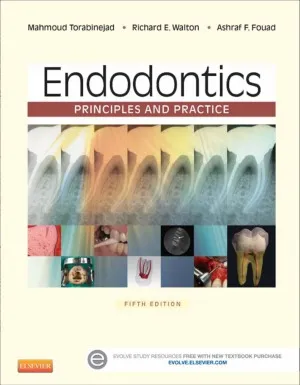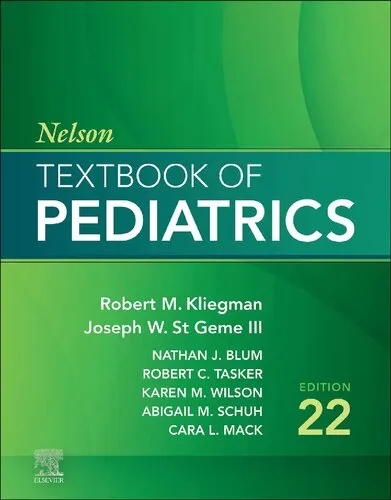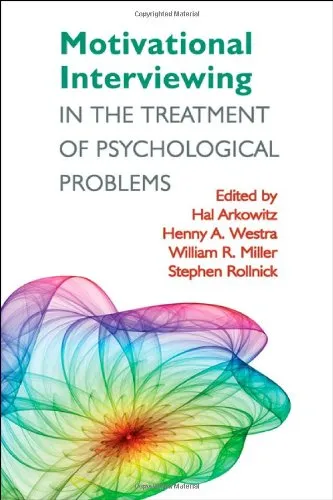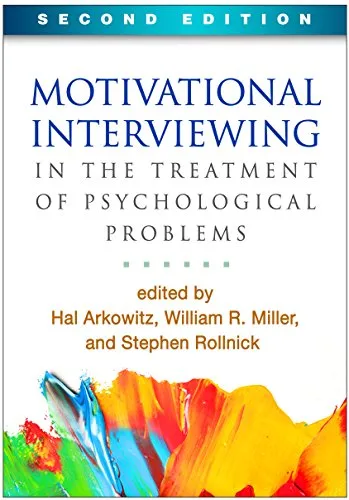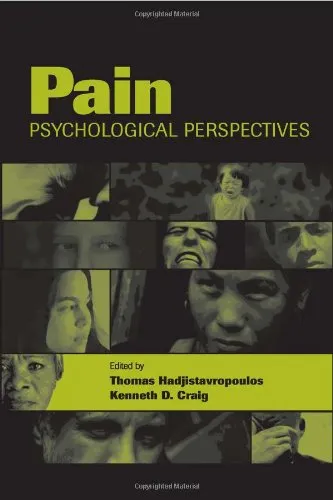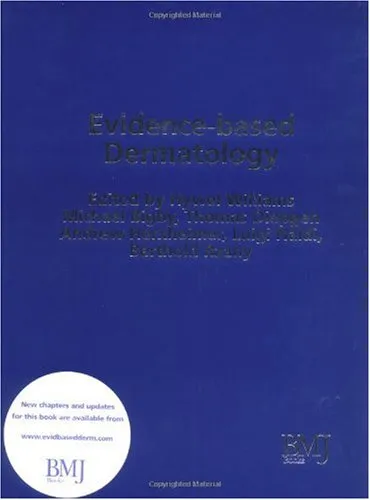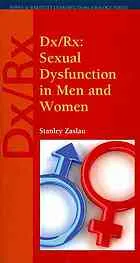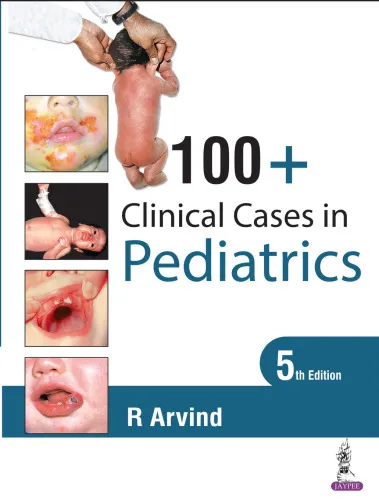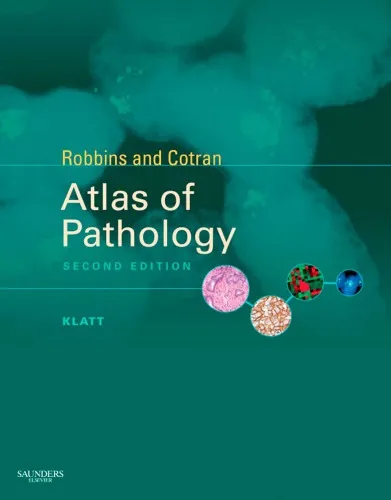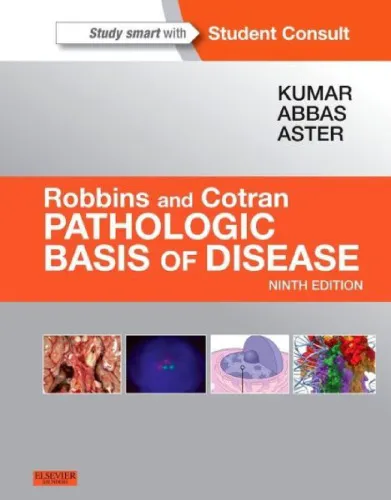Psychopathology and Psychotherapy: DSM-5 Diagnosis, Case Conceptualization, and Treatment
4.2
Reviews from our users

You Can Ask your questions from this book's AI after Login
Each download or ask from book AI costs 2 points. To earn more free points, please visit the Points Guide Page and complete some valuable actions.Related Refrences:
Introduction to "Psychopathology and Psychotherapy: DSM-5 Diagnosis, Case Conceptualization, and Treatment"
"Psychopathology and Psychotherapy: DSM-5 Diagnosis, Case Conceptualization, and Treatment" is an insightful and authoritative guide written for mental health professionals, students, and educators. It provides a comprehensive, integrative approach to understanding mental health disorders, effectively utilizing the DSM-5 diagnostic framework to assess, conceptualize, and treat clients with psychological and emotional challenges. This book serves as both a practical resource and a conceptual roadmap for navigating the intricate and multifaceted world of psychopathology and psychotherapy.
Building from a firm grounding in evidence-based practice, this book uniquely blends theory with clinical application. It incorporates the DSM-5 diagnostic criteria while emphasizing case conceptualization—a vital skill in tailoring effective treatments for diverse populations. By integrating psychotherapy strategies with diagnostic practice, this work ensures that clinicians are equipped to connect theory with real-life therapeutic interventions. The text is written with clarity and precision to nurture expertise in developing individualized treatment plans, staying true to the complexities of human behavior and mental health.
Whether you are a seasoned practitioner or a student taking your first steps into the field, this book will enrich your understanding of mental health and offer tools to foster transformation in your clients. Let’s explore its offerings in detail.
Detailed Summary of the Book
The book is divided into clearly structured chapters that offer a progression of learning, beginning with fundamental concepts of psychopathology and advancing to the practical facets of psychotherapy and treatment planning. In the early chapters, readers are introduced to the DSM-5’s diagnostic classifications, with explanations tailored for ease of understanding without sacrificing depth. Subsequently, the authors dive into the complexities of case conceptualization, demonstrating how theoretical models inform diagnoses and treatment strategies.
One of the book's hallmarks is its emphasis on real-world applicability. A myriad of case examples illustrates how the principles of diagnosis and therapy can be employed in diverse scenarios. Additionally, the integration of cultural sensitivity and ethical principles ensures the reader understands the nuances involved in treating clients from varied backgrounds.
The final sections focus on evidence-based psychotherapeutic modalities, such as cognitive-behavioral therapy, psychodynamic approaches, and systemic therapy. By aligning specific treatment techniques with diagnostic categories, the book empowers the reader to craft comprehensive and personalized plans that address a client’s unique needs. Each chapter includes case studies and reflection questions, encouraging active learning and promoting critical thinking skills.
Key Takeaways
- The book serves as a bridge between the DSM-5 diagnostic framework and practical therapeutic applications, addressing both theory and clinical practice.
- Emphasis on cultural competence and ethical practice ensures readiness to address diverse populations.
- Case conceptualization is central to this text, helping practitioners synthesize knowledge for individualized treatment.
- A focus on evidence-based practices equips readers with tools that are validated by research for greater efficacy.
- The combination of diagnostic acumen and psychosocial understanding enriches clinical work and promotes thorough understanding of client issues.
Famous Quotes from the Book
"Understanding your client’s story is the first step to effective therapy. Diagnosis is not solely a label—it’s a gateway to empathy, comprehension, and meaningful treatment."
"A truly competent therapist sees both the intricacies of the client’s challenges and the vast possibilities for growth within them."
"The art of psychotherapy lies in bridging scientific evidence with the human experience."
Why This Book Matters
In a world where mental health issues are increasingly recognized yet remain complex to address, "Psychopathology and Psychotherapy" is an essential resource. The book is not only a guide to interpreting the DSM-5 but also a bridge to understanding the lived experiences of clients. The emphasis on case conceptualization equips practitioners to move beyond a reductionist approach to treatment, fostering therapeutic alliance and personalized healing.
Furthermore, this work underscores the importance of evidence-based practice while addressing the need for cultural competence and adaptive strategies. Whether working with those suffering from depression, anxiety, trauma, or relational issues, this book provides the grounding required to tailor interventions with precision and heart, making it a cornerstone text for clinical practice.
Above all, this book matters because it challenges clinicians to think critically, act compassionately, and engage fully in the transformative journey of psychotherapy. It is a must-read for anyone committed to the ethical and effective care of individuals navigating mental health challenges.
Free Direct Download
You Can Download this book after Login
Accessing books through legal platforms and public libraries not only supports the rights of authors and publishers but also contributes to the sustainability of reading culture. Before downloading, please take a moment to consider these options.
Find this book on other platforms:
WorldCat helps you find books in libraries worldwide.
See ratings, reviews, and discussions on Goodreads.
Find and buy rare or used books on AbeBooks.
1483
بازدید4.2
امتیاز0
نظر98%
رضایتReviews:
4.2
Based on 0 users review
Questions & Answers
Ask questions about this book or help others by answering
No questions yet. Be the first to ask!
